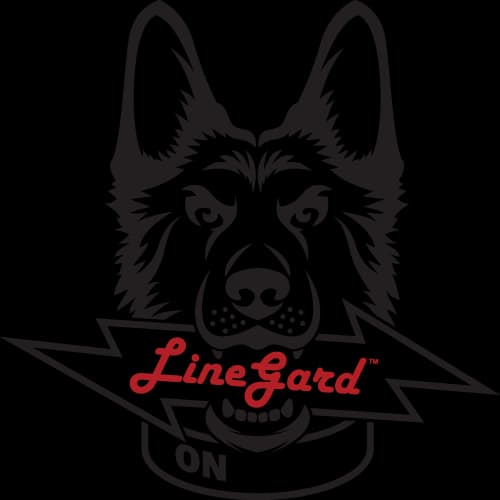Marina Electrical Safety
As you might expect, when you mix water and electricity things tend to become fairly dangerous. It is especially true when involving boats, as most, if not all boats run on electricity in some form or capacity. Whether it be powering a radio on board or having a microwave plugged-in on a boat, there are lots of electrical needs on your watercraft on a day-to-day basis. This requires a boat to be plugged into some form of electrical source while it’s docked (usually at a pedestal) so that it can continue to run its functions while you take your boat out on the water. It can be cumbersome to think of all the ways in which you could run into problems with electricity when your boat is docked, so here are some best practices for how to make sure that you and everyone else by the water stays safe.
Don’t Swim Around Marinas
You have probably heard not to swim next to docked boats but not everyone knows why exactly, but the reasoning is very important in terms of your safety. When boats are plugged in at a dock, it is getting a constant feed of electricity, which is good for powering your boat, but if there is any electricity leaking it can cause a serious threat to your safety. If you swim in charged water (water with electrical leakage in it) you are at risk of being shocked, which is very dire because even if you don’t die from the shock, you can lose muscle function and drown. This phenomenon has been coined as “electric shock death” (aka ESD) and its name should be a serious warning to you and others around the water. If you are ever at a marina, a dock with a plugged-in boat, or see an ESD sign it is in your best interest to stay out of that water for your safety.
Have GFCI's Installed on the Dock
Since 2011, NEC Code (National Electric Code) has required all marinas to have ground fault protection, and all states finally adopted this in 2014. GFCI’s (Ground Fault Circuit Interrupters) help prevent electrical shock by tripping an electrical current when it is detected that there is a certain amount of leakage past the allowed amperage threshold. GFCI’s provide a great way to help protect people on the dock, but they aren’t without flaws. They are designed to allow leakage up to a certain threshold, which would be safer in other environments such as land, but in water that is a different story. If you are standing on the ground and are shocked by an AC current, you can lose muscle functionality for a few seconds (which again can be very harmful), but you could recover without long term damage to yourself. However, if you lose muscle functionality in the water that could be the difference between life and death. Because of this safety question, there is another measure of protection that marinas should adhere to.
Have ELCI Protection
The next step beyond GFCI protection is ELCI (Equipment Leakage Circuit Interrupter) protection. NEC code has also adopted needing ELCI’s on both the pedestal and onboard boats for all newly built boats and marinas, which is a good measure, but it should be practiced for all aquatic vehicles. ELCI’s work by making sure that all electricity sent between the source (pedestal) and appliance (boat) returns without any leakage by checking for an imbalance in the amount of current that travels through the hot and neutral wires. If the ELCI detects that less current came back on the neutral wire that left through the hot wire, then it will trip and turn off the circuit to protect both the electrical products and the people around it. ELCI’s are an important safety measure on top of GFCI protection as they can help detect and prevent electrical shock in the water, saving countless lives.
Make Sure to Test
As with any safety measure, you need to make sure you are testing your safety products regularly to make sure that they are protecting you properly. Checking your GFCI and ELCI monthly in your marinas will make sure that you are living safely by the water. It is also safe practice to have an electrical inspector annually check your dock or marina to make sure everything is up to code and following intended safety measures.
Enjoy The Open Water
The whole reason you should follow these safety measures is so that you can enjoy your time on the water without reservations about your safety. We hope this information helped and that you have a great season on the water!
